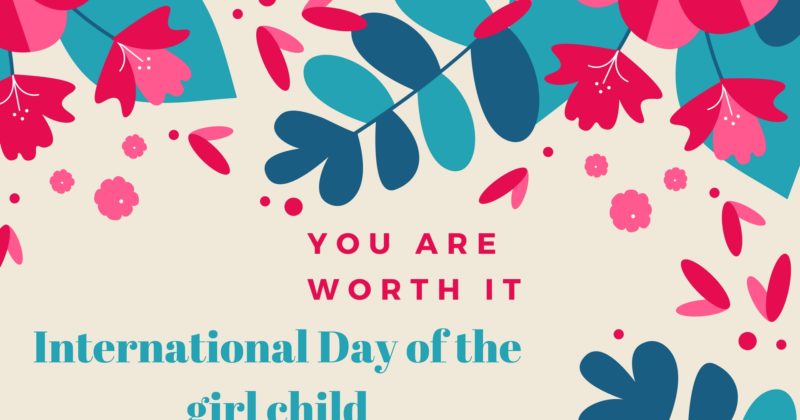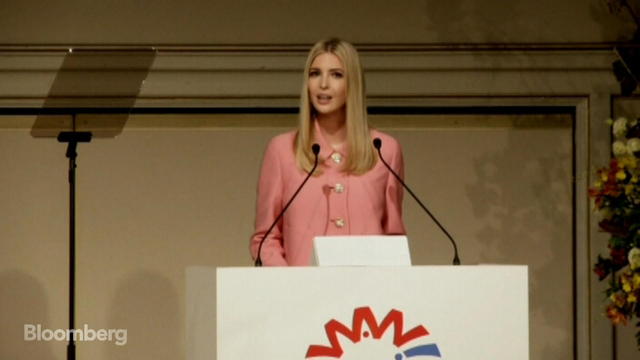Professor Spotlight: Dr. Nunn
Dr. Nunn is a professor of Evolutionary Anthropology and Global Health and is currently teaching the course “Human Health in Evolutionary Perspective” here at Duke. The following is the transcript of an in-person interview conducted with Dr. Nunn. What inspired you to teach “Human Health in Evolutionary Perspective” at Duke? In particular, what long-term perspectives do you hope students will gain from this course? “I came to Duke in 2013 from Harvard where I taught this course and it was called Evolutionary Medicine. I was really excited to teach it there because it was in the General Education Curriculum and a colleague of mine, Peter Ellison, and I developed a course that was aimed at people without any background in evolution or background in pre-med. It was meant to be a course that attracted any student and it was amazing. It allowed me to engage with the material in a more basic level and I came to realize the material is something...





